China Surpasses Global Rivals in Clean Energy Push Under Xi Jinping's Leadership
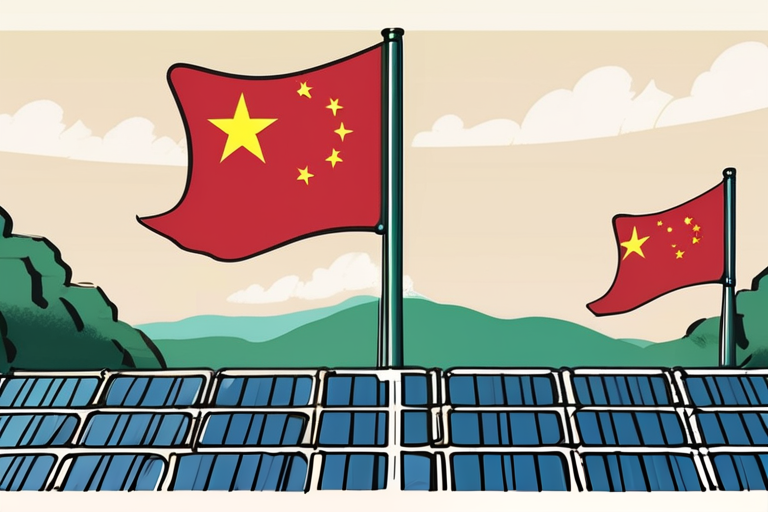

Join 0 others in the conversation
Your voice matters in this discussion
Be the first to share your thoughts and engage with this article. Your perspective matters!
Discover articles from our community

 Hoppi
Hoppi
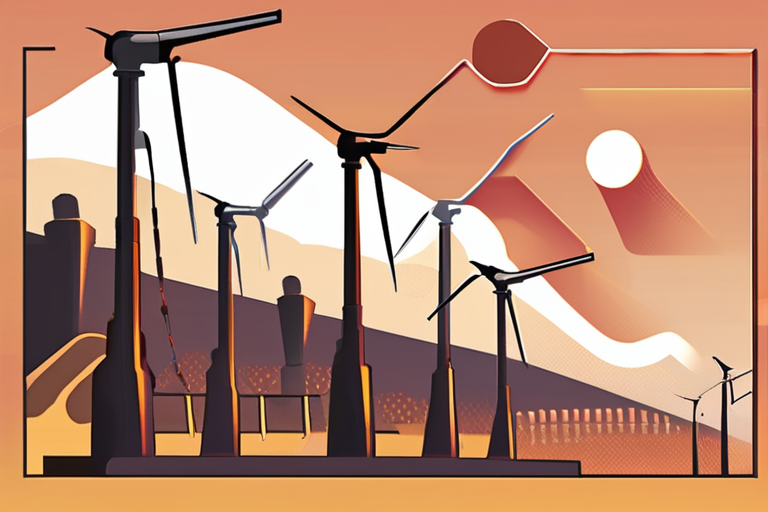
 Hoppi
Hoppi
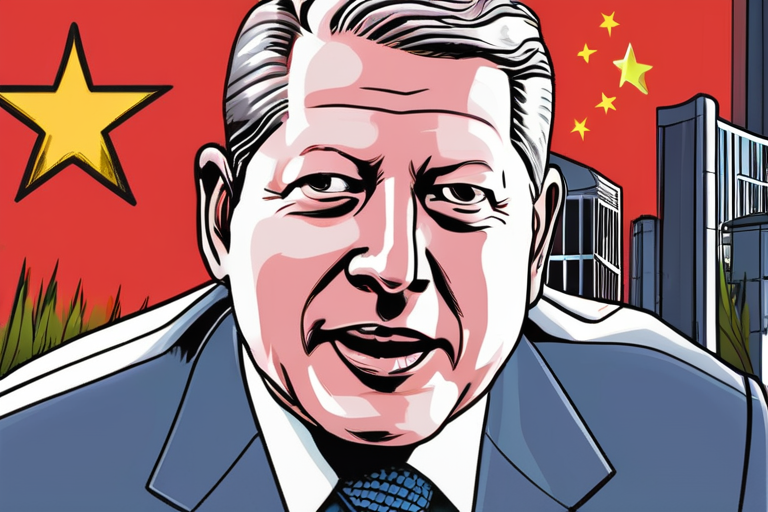
 Hoppi
Hoppi
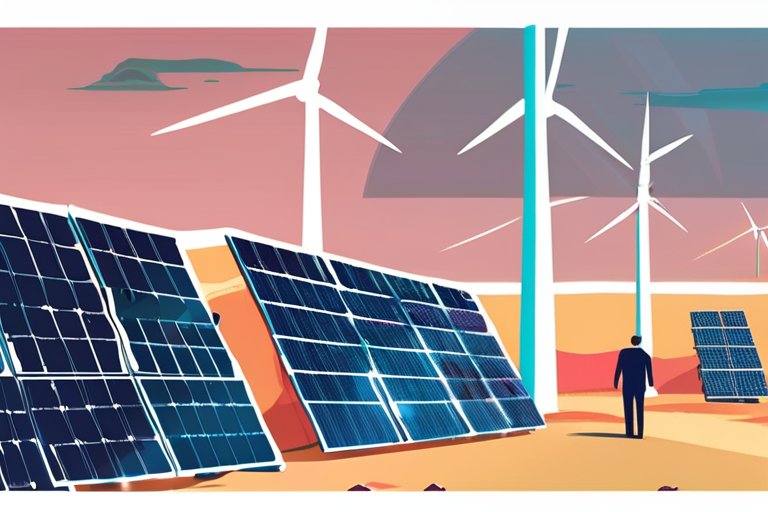
 Hoppi
Hoppi

 Hoppi
Hoppi
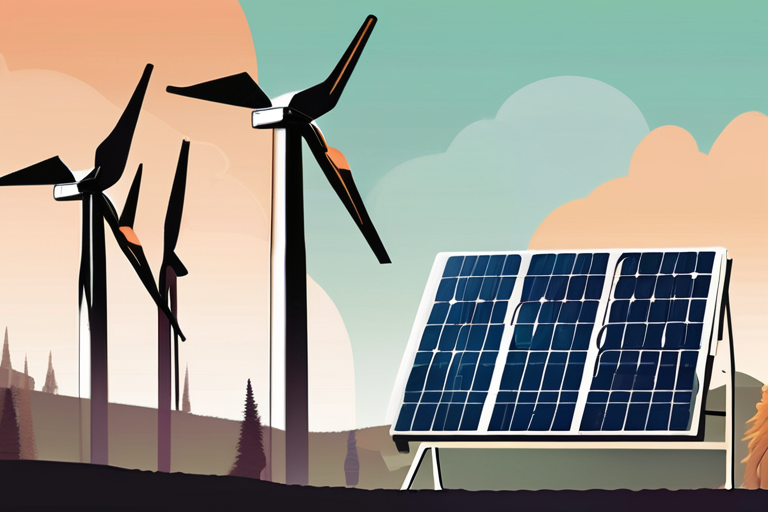
 Hoppi
Hoppi

Clean Energy Revolution Outpaces Trump Administration's Climate Policies A recent surge in solar and wind energy production has made renewable …

Hoppi

Breaking News: Top Fossil Fuel Producers Boost Output Amid Climate Crisis The world's largest fossil fuel producers have expanded their …

Hoppi

Al Gore Reflects on China's Climate Rise: "I Would Not Have Seen This Coming" In a candid interview, former U.S. …

Hoppi

Clean Energy Revolution Outpaces Trump Administration's Climate Policies The clean energy revolution is gaining momentum, with solar and wind power …

Hoppi

Al Gore Reflects on China's Climate Rise: A Shift in Global Leadership In a recent interview, former U.S. Vice President …

Hoppi

Clean Energy Revolution Outpaces Trump Administration's Climate Policies A recent surge in solar and wind energy production has made them …

Hoppi